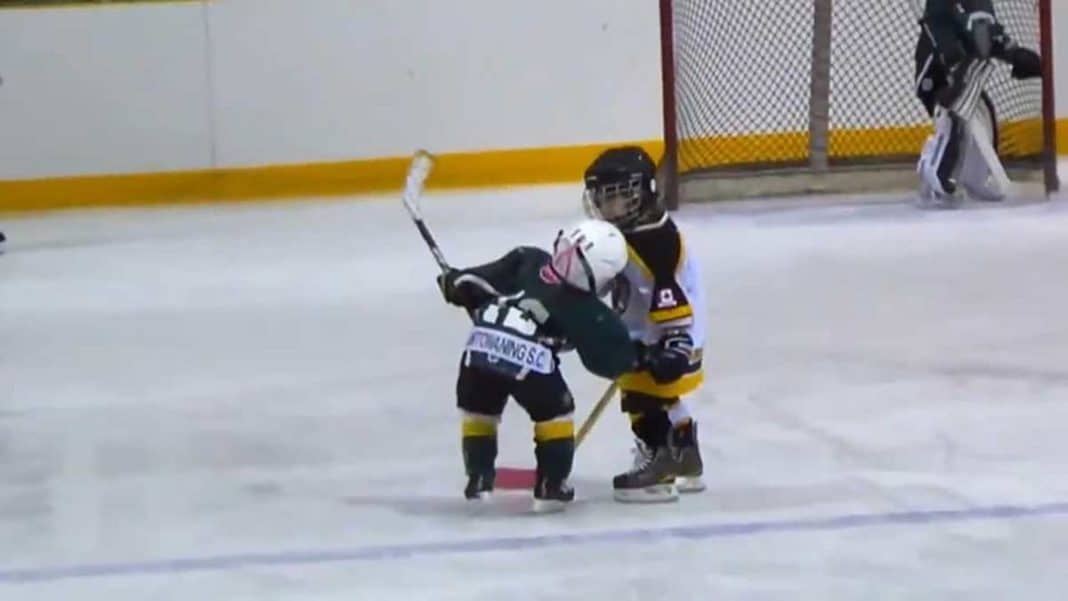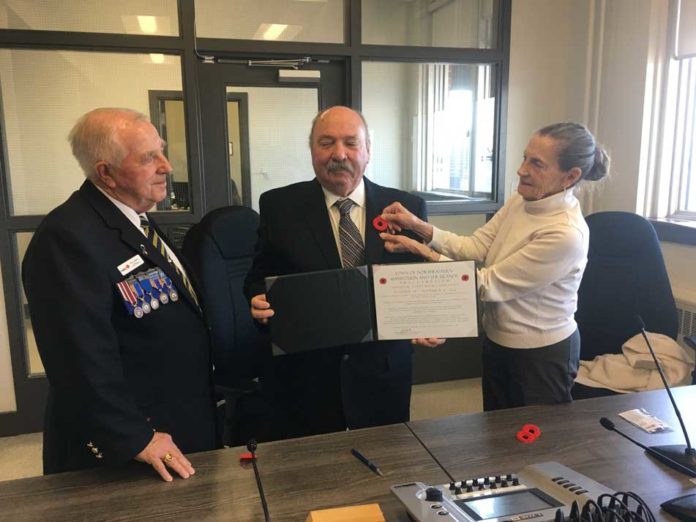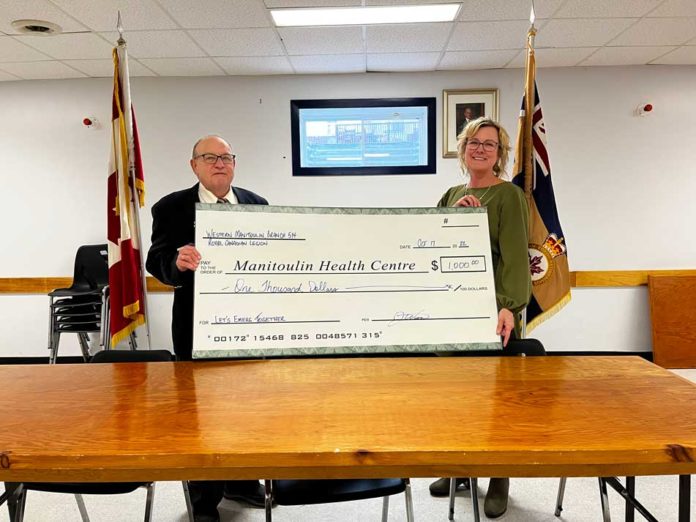MANITOULIN—Revelations by TSN have embroiled Hockey Canada in a scandal over payouts to sexual abuse victims, allegedly from a Participants Legacy Trust Fund that was created utilizing money from hockey association registration fees from players across the country. The ensuing revelations have led to a massive fallout, including the resignation of the board of directors, freezing of federal government funding and an inquiry by the federal Standing Committee on Canadian Heritage. Key to the scandal are suggestions that the National Equity Fund, which is funded in part by player registration fees, helped to pay out settlements in 21 sexual misconduct cases since 1989.
While the allegations have certainly caused upset within Manitoulin’s hockey community of coaches, parents and players, many consider the issue to be outside of the everyday reality of Island hockey players.
“At the core of hockey in Canada, kids, parents and coaches adhere to respect in sports and a code of conduct for spectators,” said Mike Zegil, a hockey coach and current head of Manitoulin Minor Hockey Association. “All speak to integrity and how we have to treat each other with respect.” The issue, he suggests, comes into play at the higher levels of hockey and is not as prevalent at the recreational level.” When the competition ramps up, some things may get lost along the way.
Mr. Zegil noted that Manitoulin hockey at the recreational level, minor hockey, is more focused on sportsmanship and having fun. Somewhere along the line, when money gets involved, those things can get lost in the shuffle, he suggested.
The impact of the Hockey Canada scandal comes more from the disheartening light it shines upon Canada’s de facto national sport, noted Mr. Zegil. At the minor hockey level things are very much “business as usual.”
“We try to provide an opportunity for our kids to enjoy the sport,” he said. In a positive spin, Mr. Zegil suggested that the unfolding scandal offers an opportunity for parents and coaches to talk to their charges about respect.
“It’s a challenging issue for sure,” admitted Mr. Zegil. “Speaking as a parent of two daughters in the minor hockey program, it is disheartening (to learn that the minor hockey funds sent to Hockey Canada have been used to settle abuse claims).”
Mr. Zegil said that he is happy there is now change taking place at the top of that organization and that it is time for some major restructuring to take place. “Maybe this will have the same catalyst effect that the Ben Johnson scandal did about steroids in sport. Hopefully, things will advance for the better.”
“What is happening at Hockey Canada is not really keeping hockey from taking place,” said hockey parent Kevin Eshkawkogan. “Hockey in Canada is grassroots; it happens from the ground up at our local rinks. As a parent, I think a culture change in hockey will be and has to be slow and gradual.”
As for the organization itself, Mr. Eshkawkogan said he is skeptical of any immediate major changes taking place that dramatically affect grass roots hockey despite the mass resignations taking place at Hockey Canada. “Ultimately, it is still the same people deciding who replaces them,” he said, noting that the organization’s underlying culture runs deep. “Embracing diversity, equity and inclusion practices at all levels will help but it will still take some time before anything more than temporary change takes place.”
As an Indigenous parent, Mr. Eshkawkogan said he is very cognizant of the challenges facing Indigenous women and girls in the country. “I have two First Nation daughters,” he said. “Our family is very aware of the continuing targeting of First Nation women and Missing and Murdered Indigenous Women and Girls.”
“As a parent and as a coach, I try to use hockey as a method to teach life skills,” he said. “As a family, we do our best to follow the Seven Grandfather teachings. In those teachings, respect for women is highlighted within First Nations’ culture and traditions. First Nation communities have always held women in high regard. It’s what we do and how we live. And it’s really a simple teaching, treat people the way you want to be treated.”
When it comes to his son Kohyn, there is an expectation that he be a leader both on ice and off.
“We have always told him to speak up in the locker room and he and his teammates should be treating women and everyone else with respect,” said Mr. Eshkawkogan. “If someone is saying something disrespectful towards women, you need to step up and say something. Just because you are a hockey player doesn’t give you the right to mistreat or abuse anybody.”
“While it is not our sole individual responsibility to change the world, it is our responsibility to do our small part to leave it better than we found it,” he said.
While what is happening in Hockey Canada recently might seem remote to everyday life, nothing could be further from the truth. “The game is so influential in this country,” said Mr. Eshkawkogan. “It provides an important opportunity to instill good values in our youth and create future leaders.”
The parent and coach points to the role that hockey has played in his own life. “I am not exaggerating when I say that hockey probably saved my life in many times,” he said. “There have been troubled times in my life where the only place I could clear my mind was on the ice. There I could set my troubles aside and just play the game. Whether I was any good at it is another story.”
In a practical sense, Mr. Eshkawkogan pointed to the days when he was playing junior hockey in Thunder Bay as the only First Nation kid on the team. When he heard the news of young First Nation kids being found dead in the river in that city, Mr. Eshkawkogan shared that he could have easily been him as he was often in those same areas. He credits hockey, his coaches, and his teammates for watching out for him both on and off the ice.
At its core, he notes, hockey can have a far more positive impact on the lives of youth than negative. The stratospheric level of Hockey Canada administration is far removed from the grassroots impact of the day-to-day reality of hockey players and their families.





